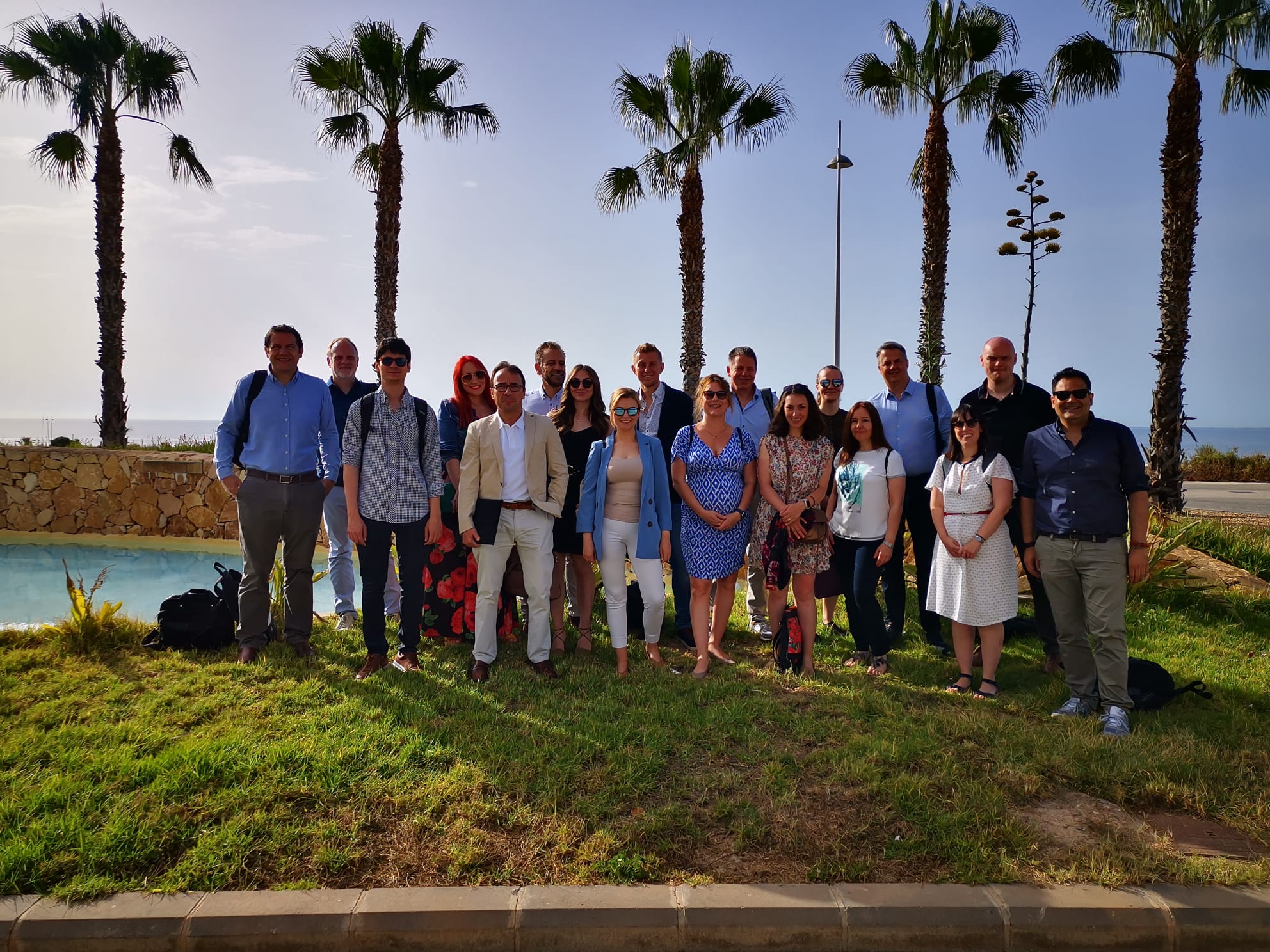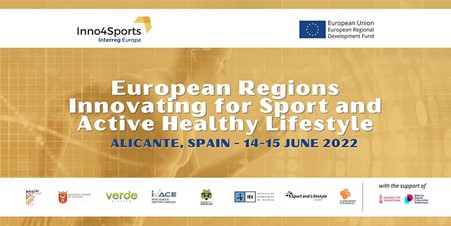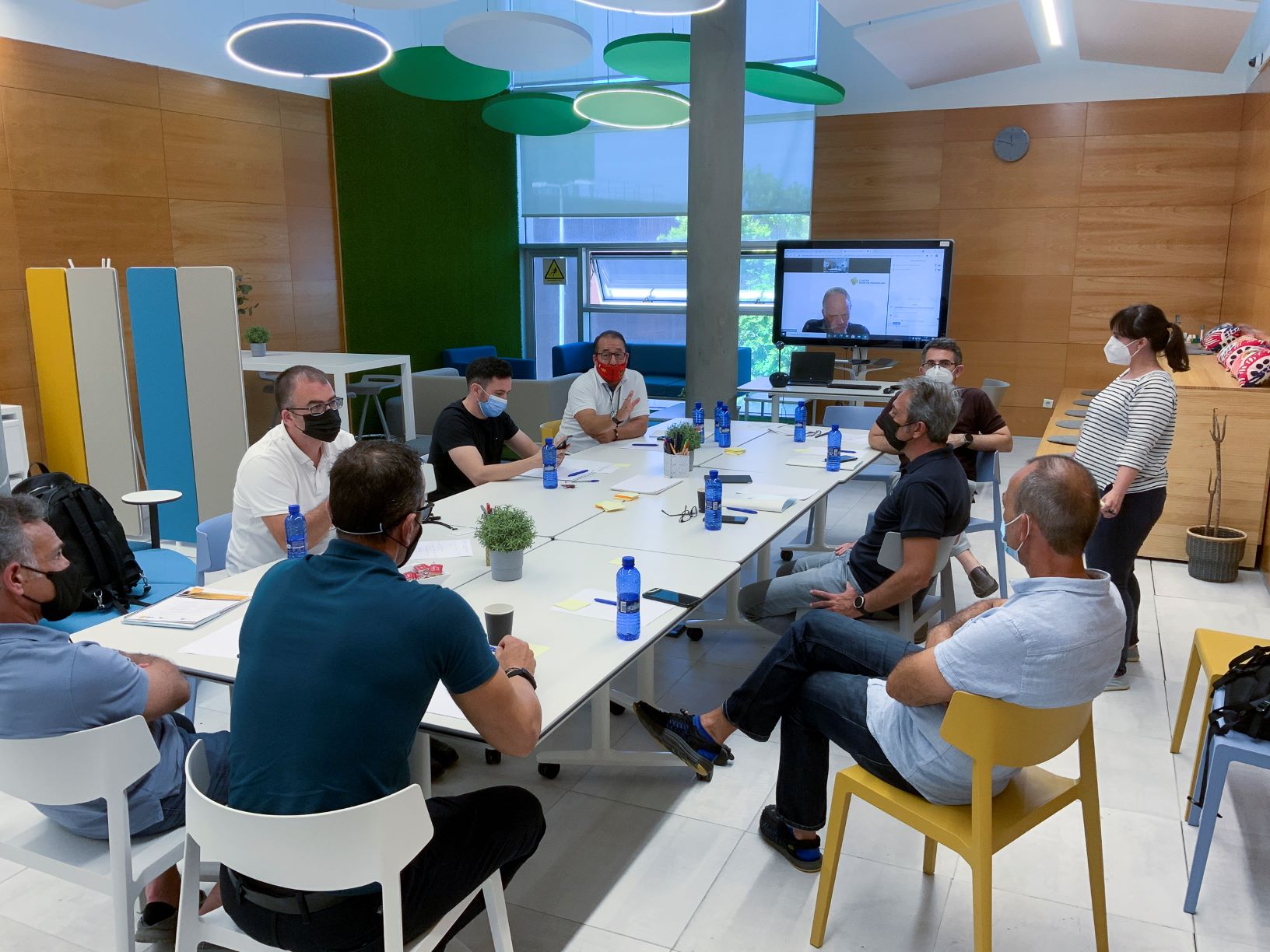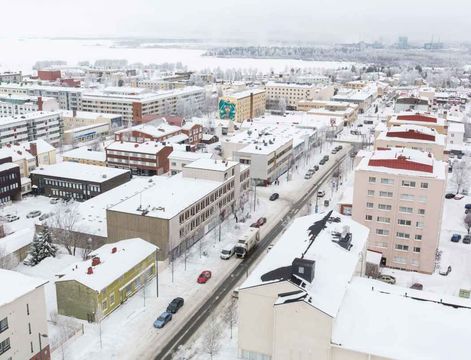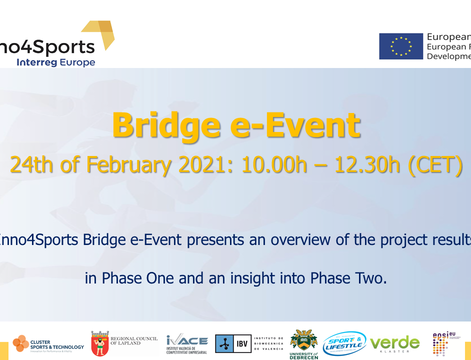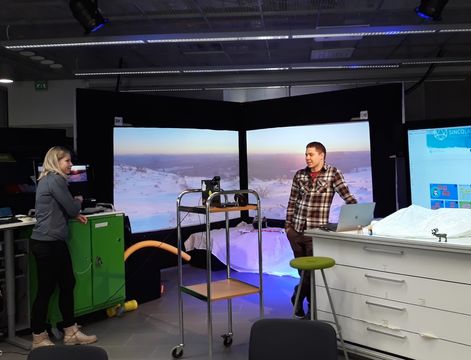Possibilities for sport innovation in the next programme period
Together with SHARE experts ( Mike Coyne and Teodora Pletosu) and ERDF-expert from the Regional Council the participants looked at the next ESIF programme. The Finnish ESIF programme for 2020 is still in preparatory phase, but it’s priorities can be expected to support the development of sports widely. Although sport isn’t mentioned in the next ERDF-priorities, targeted to innovative and carbon-neutral economy, there are plenty of possibilities for research, development and innovation activities in the field of sports and cross-linkages of industries. Having focus on green economy also forces to think about the role of sports in decreasing carbon emissions. The ESF+ programme, aiming to employment, competence and inclusiveness, also leaves room for the social aspect of sports, where there’s also great potential.
In next programming period the commission is putting more emphasis on interregional collaboration and cross-sectoral linkages. Like before, the smart specialisation strategies (S3) have an important role in the allocation of the funds. In Lapland’s S3, updated in 2018, sport is recognised as new emerging industry, giving the strategic support for sport development in the region. Taking part in Inno4Sports project and being co-leader in ClusSport provides Lappish actors also a good starting point for interregional networking. However, it is also important to build regional networks to include new actors in the collaboration and to encourage cross-sectoral collaboration inside Lapland.
How to unleash the full potential of sports clubs?
One aim of the capacity building event was to encourage local actors to new ways of collaboration and encouraging them to put new ideas to concrete. We heard examples from Inno4Sports partner regions and other European regions on possibilities for new kind of collaboration and activities.
Having Lapland Sports Federation as one organising party of the event, one focus was on how to include sports clubs better in development activities. In Lapland there are over 350 sports clubs, that play an important role in supporting recreational sports of locals, and that have strong know-how and potential for more. However, almost all the sports clubs are functioning on voluntary basis and with very small resources, making it very difficult for them to use ESIF funds. There is a need to strengthen the sports clubs and have them better included in collaboration with bigger actors, such as municipalities or educational organisations.
Sports clubs could for example help in developing new tourism products. Finding linkages between sports and tourism is important in both extending the touristic season, but also when battling the impacts of corona. One example is bike tourism, which is a growing trend and could be way to attract tourists from nearby areas to replace the lack of international visitors. In the long run, introducing new fields of sports could also help extend the tourism season and help develop all-year-round tourism. An idea worth looking into is also how to include sports clubs in the designing of new sport infrastructure and even products to serve both tourist and locals.
One concrete idea from the event is developing virtual nature sports to make people more active and introduce them to new sports in low-threshold environment.
We also heard examples from Lapland and other parts of Europe about projects that have resulted in new employment opportunities, increased capacity and knowledge and in increased inclusiveness in communities by using sports. There are still room for social innovations in the field of sports and especially increasing the abilities of sports clubs and municipalities together to support wellbeing in all its forms. There is a need to look for ways of collaboration to unleash the potential of sports clubs.
An important question, brought up from East-Lapland, is how to make people in all age groups more active. This is important issue for municipalities, and they are hoping for more support from national and EU-level to achieve this.
Next steps
Sport is recognised in the smart specialisation strategy of Lapland, there is still need for awareness raising on the possibilities there are in the field of sports and vitality in both economical and social aspects. It is also important to include more actors and areas to the collaboration. In 2021 will start the preparation for the next regional development strategy, which is an opportunity for Arctic Sport Network to raise the role of sports. The conclusions of the event will be taken into consideration when planning the activities of the Arctic Sport Network, but also when finalising the Inno4Sports action plan.
Photo credits: ‘Lapland material bank| Timo Veijalainen / AV-Lappi’


